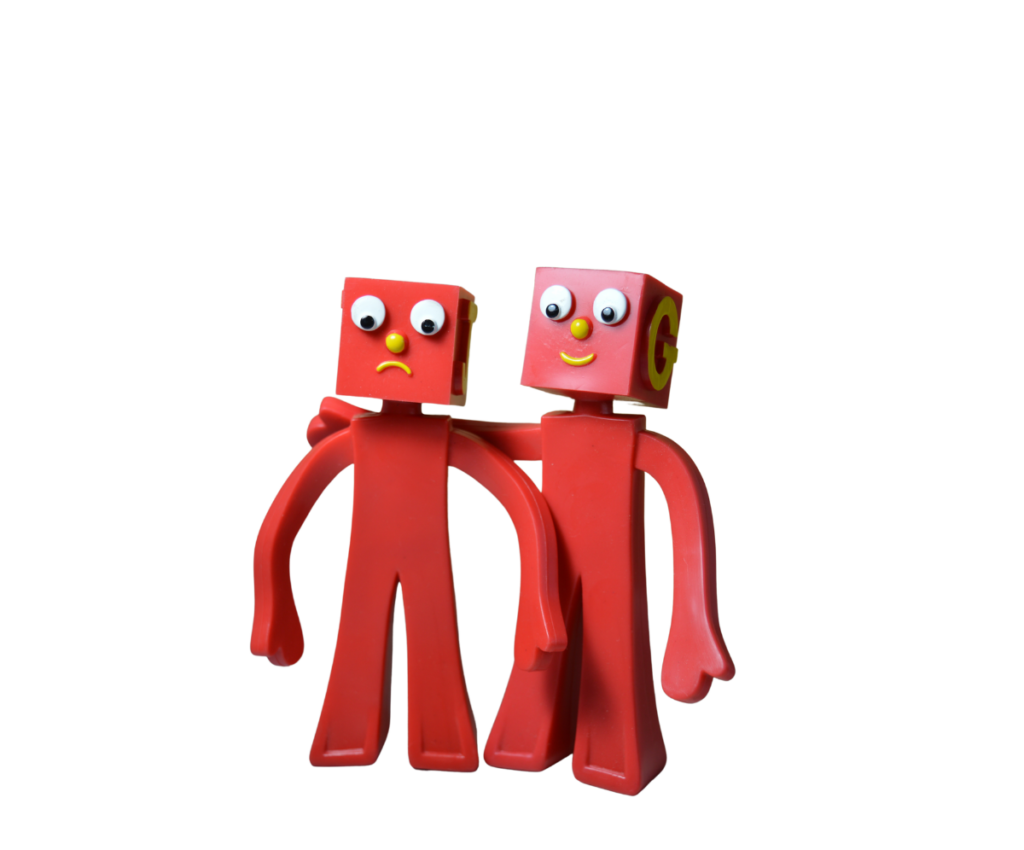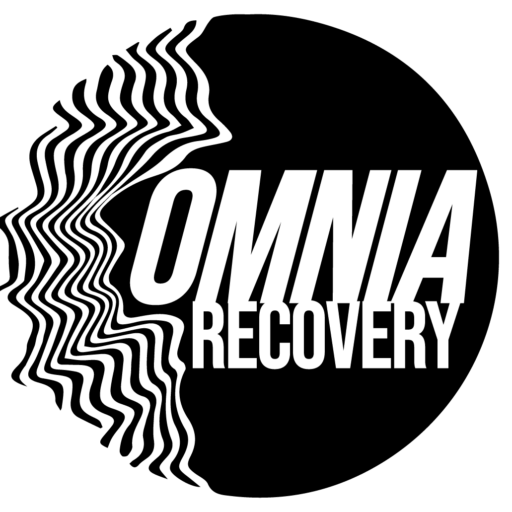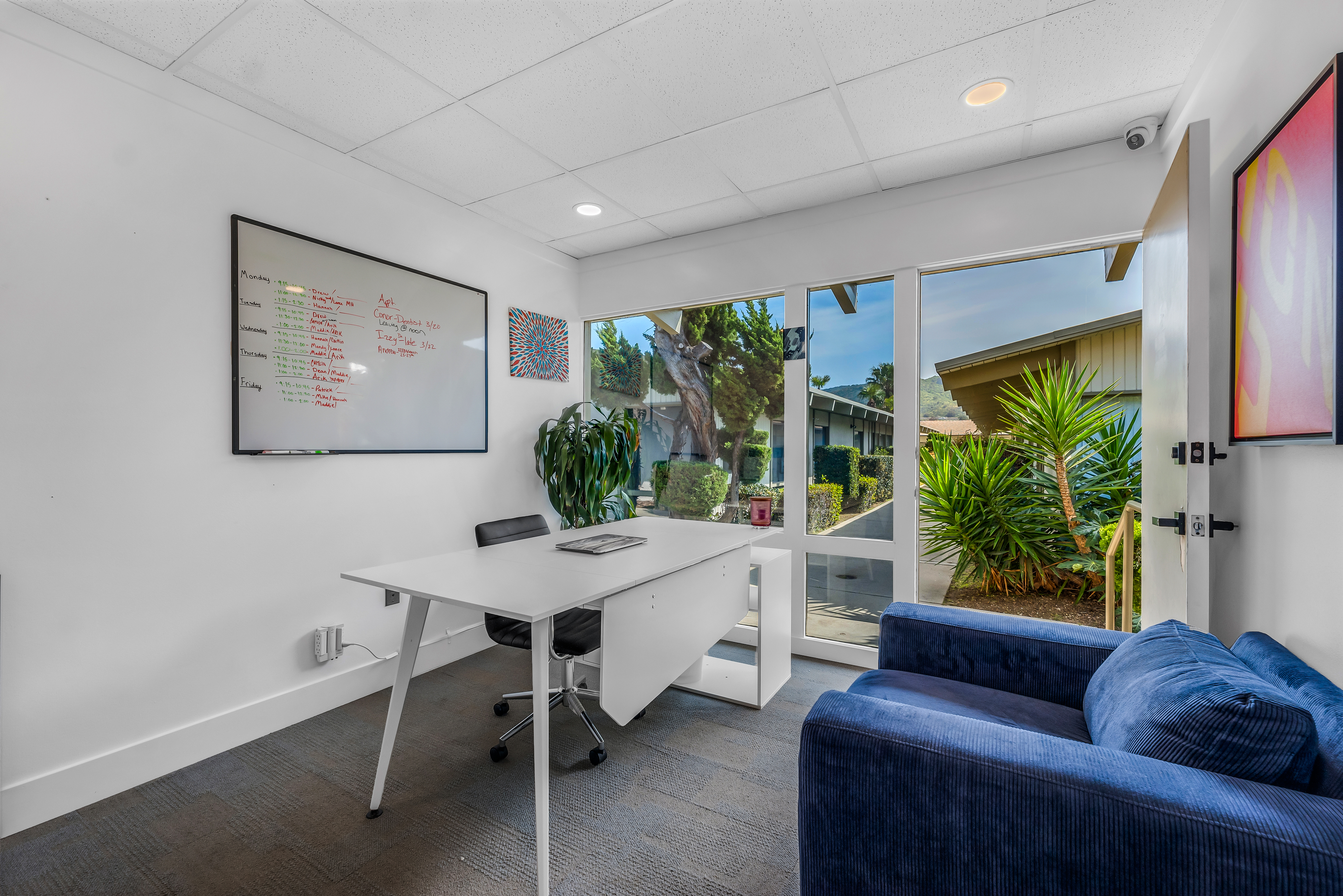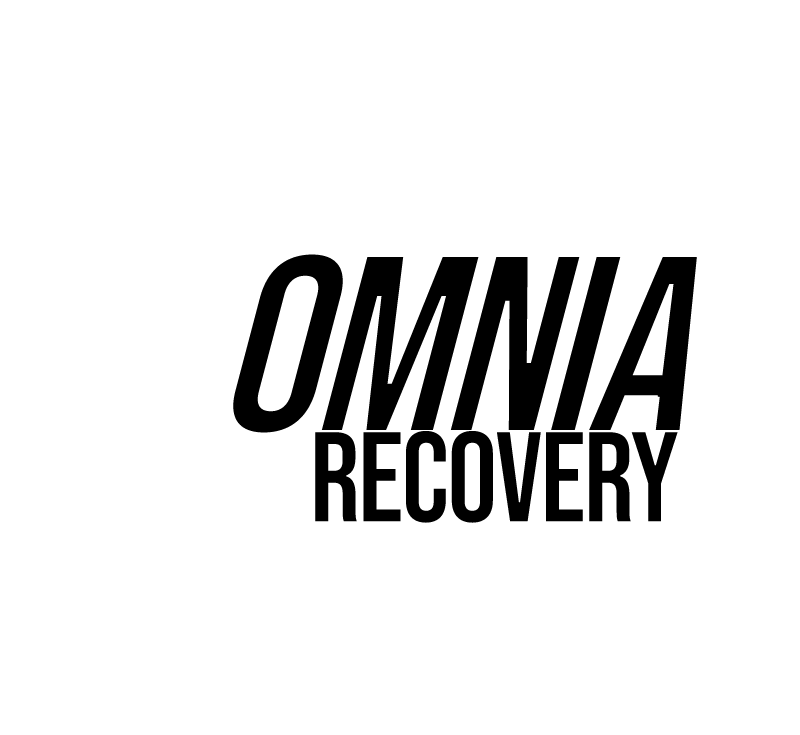Mental Health Treatment in Thousand Oaks
Mental Health
Discover how the mental health facility in Thousand Oaks at Omnia Recovery is redefining what addiction treatment means.
- Omnia Recovery
- TREATMENT SERVICES
- Mental Health

modern mental health treatment customized to your needs
Mental Health Treatment in Thousand Oaks
Table of Contents
Omnia Recovery offers some of the best options for Thousand Oaks mental health treatment services, but understanding how to pick the right one can help you set yourself up for success now and well into the future. Let’s take a closer look at common mental health disorders, the best way to treat them, and how you can take advantage of the resources Omnia Recovery has to offer.
Contact Omnia Recovery today to learn more about our modern dual diagnosis treatment center in Los Angeles.
understanding mental health treatment
Options for Mental Health Treatment in Thousand Oaks
Because mental health symptoms can exist on a spectrum, it makes sense that different treatment methods may work better than others for some people. Choosing treatment that makes sense for your needs and goals can help you take charge of your mental health in a way that’s sustainable.
Partial Hospitalization Program (PHP) Services
For those who prefer a combination of intensive mental health treatment and a moderate amount of personal freedom, the partial hospitalization programs offered through Omnia Recovery may be ideal. As the name may imply, PHP services usually involve structured treatment during the day but still allow an individual to return home each night. They can be a great option for many, especially those who are uncertain about inpatient treatment or those transitioning from an inpatient facility to the home.
Omnia Recovery is one of the few Thousand Oaks mental health treatment centers that can offer PHP services in addition to other options, making it easier than ever to find the right fit for you.
Intensive Outpatient Program (IOP) Services
Much like traditional outpatient treatment, IOP services usually allow a person to leave the treatment facility and return home in between sessions. What sets IOP treatment apart from other options and makes it “intensive” is the amount of time dedicated to recovery: most facilities require clients to invest around six to eight hours per week into their treatment plans.
The intensive outpatient program at Omnia Recovery offers some of the best mental health treatment in Thousand Oaks, offering clients the opportunity to focus on caring for their needs without sacrificing other priorities.
Traditional Outpatient Treatment
Most outpatient mental health services require clients to participate in treatment (such as therapy or group sessions) on a daily or weekly basis while still allowing them to live at home and maintain other responsibilities in life. They may still hold the same job, for instance, or continue to take care of children or loved ones.
You can count on Omnia Recovery for reliable traditional outpatient services and mental health treatment in Ventura County, no matter what your concerns may be.

why Omnia is your best choice for mental health treatment in Thousand Oaks
Signs and Symptoms of Common Mental Health Disorders
The first, perhaps most significant, step toward pursuing adequate mental health treatment is identifying a need for it in the first place. Doing that can be easier said than done, especially because many mental health symptoms are overlooked, misunderstood, or dismissed as unimportant. However, the reality of mental health disorders is often far from insignificant.
According to the National Institute of Mental Health (NIMH), tens of millions of Americans live show signs of a mental health disorder each year. Despite this, only around half of people with mental illnesses receive the treatment they need.
That’s why it can be so important to know what signs to look for and when it may be time to seek help. Below are some of the most commonly diagnosed mental health disorders that might warrant professional treatment.
Depression is perhaps the most common mental health disorder in the U.S. and falls under the umbrella of mood disorders, which generally impact a person’s emotions and ability to regulate them.
Examples of frequently diagnosed mood disorders include:
- Major depression, sometimes also referred to as clinical depression
- Bipolar disorder
Specific symptoms can vary depending on the mood disorder in question, but in general, signs to look out for might be things like:
- Distorted Emotional States. Intense feelings of sadness or euphoria may be common and persistent, even in the absence of a clear cause.
- Changing Energy Levels. Feeling drained no matter how much sleep a person gets or seeming to be bursting with energy can both be signs of a mood disorder.
- Symptoms Cause Prolonged Distress. It’s not necessarily abnormal to experience emotional ups and downs, but when symptoms begin to interfere with daily life and significantly impact a person’s ability to function, a mood disorder may be at play.
Even more widely experienced than depression and similar mental illnesses are anxiety disorders, which can take many forms and manifest quite differently from person to person. NIMH reports that around 31.1% of U.S. adults experience an anxiety disorder at some point in their lives, and about 19.1% of all U.S. adults had any anxiety disorder in the past year.
Some of the main types of anxiety disorders are as follows:
- Generalized anxiety disorder (GAD)
- Obsessive-compulsive disorder (OCD)
- Social anxiety disorder (SAD)
- Post-traumatic stress disorder (PTSD)
- Panic disorder
Though the specific roots of anxiety and the way a person responds to their experiences may depend on their diagnosis, anxiety disorders still typically create similar overarching symptoms, such as:
- Frequent, Intense Worry. Feeling stressed from time to time can be normal, but worry that’s overwhelming and seems to persist may be cause for concern.
- Sudden Anxiety. Spikes in panic, fear, and anxiety that come on quickly and may be extreme can be common signs of an anxiety disorder.
- Avoidance. Many people avoid social situations and other stressors that can lead to anxiety, which might create additional consequences.
- Fears Seem Uncontrollable. Anxiety of this sort may not seem to respond to traditional techniques like practicing mindfulness, getting enough sleep, or confiding in others.
Disorders that affect some part of a person’s development, whether it be related to mental or physical skills, are also relatively common. They may impact how a person learns, thinks, or responds to difficult situations, all of which can have significant implications for their ability to function throughout their life.
Examples of common neurodevelopmental disorders include:
- Attention-deficit/hyperactivity disorder (ADHD)
- Autism spectrum disorder (ASD)
- Learning or intellectual disabilities, such as dyslexia
Common characteristics that can come with neurodevelopmental disorders like these may include any or all of the following:
- Language Skill Deficits. A person may have a hard time reading, spelling, or writing.
- Cognitive Differences. Those with a neurodevelopmental disorder may not socialize, think, or learn the same way as others might.
- Neurological Function Deficits. Challenges with executive functioning, organization, time management, and similar tasks may be present.
we are here for you
How Mental Health Treatment Works
Depending on the specific mental health disorder and symptoms a person experiences, ideal treatment methods might include a combination of prescription medications, therapy, and other behavioral interventions.
Regardless of what a person hopes to achieve through treatment, it’s likely they’ll require a multi-faceted approach to address each of their concerns. This may be especially true for cases of severe mental illness in which their untreated symptoms may threaten a person’s health or safety.
Mental health treatment usually aims to help a person identify unwanted or concerning behaviors, work to understand where they might stem from, and come up with solutions that can truly help.
It might also involve:
- Connecting with others who have been through similar experiences.
- Learning how to identify things that trigger symptoms.
- Creating a support system that can stand the test of time.
No matter which type of treatment you believe might be the best fit for you, it’s worth it to seek the help you may need. As a leader in mental health treatment in Thousand Oaks, Omnia Recovery has the tools necessary to help you find the right plan for your goals and unique needs.

Get a Confidential Callback Right Now

our innovative treatment program can help
Find Thousand Oaks Mental Health Treatment at Omnia Recovery
For comprehensive and effective dual diagnosis treatment in Los Angeles, look no further than Omnia Recovery. We offer personalized, elevated treatment programs that consider your needs to match you with the right plan for success. With the help of individualized daily schedules, community-based programming and facilities, and professionals with decades of experience, you can find the solutions that help you manage your mental health concerns effectively. To learn more about what we can do to support you, contact us today.
Unique Location
Our modern, newly renovated treatment facility is more than just a rehab. We offer a safe space where you can recover + have fun!
Modern Approaches + Therapies
Here at Omnia Recovery, we offer an innovative approach to treatment by combining traditional, evidence-based and holistic therapies.
Experiential Therapies & More
From art + music therapy to group outings and volunteering, Omnia Recovery wants you to learn that there is fun to be had in recovery.

What Our Clients Have To Say
the Omnia difference in intensive outpatient
The intensive outpatient program at Omnia Recovery in Thousand Oaks provides tailored treatment options that work for you. Our modern program & facility offer you refuge from the chaos of addiction and a network of constant support. Choose Omnia Recovery if you are ready to change your life for good.
your insurance can pay for treatment
We Work with Most Insurance Providers
Don't See Yours?
Contact Us!


















